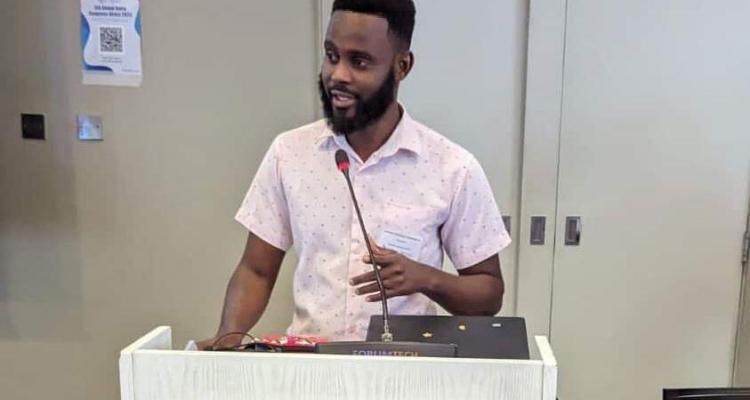
University of Malawi’s Legal Clinics Manager, Alexious Kamangila, says amid challenges in Africa’s criminal justice systems, there is need for the continent to entirely abolish death penalty.
Kamangila made the call at a 4-day conference in Nairobi, Kenya, themed ‘best practices for the abolition of the death penalty’ which attracted advocates for the abolition of the death penalty across the globe, with particular focus on providing necessary skills for advocacy for States to uphold the right to life.
The legal expert, who is a Reprieve Fellow and teaches Clinical Legal Education at the School of Law, Economics and Government, postulated how the path to abolition is like a meandering river.
Delivering a module on Advocacy Mission; Organizing the Mission and Managing Arising Obstacles, he called for a strategic and contextual approach to advocacy within the realm of litigation and promotion/advancement for death penalty abolition.
While expressing great optimism that Africa will be death penalty free by the year 2042, Kamangila said several African countries have already set the example by abolishing death penalty and has called the rest of the continent to follow suit.
“Death Penalty is not a political issue, it is a human rights issue, despite that its removal from statutes excels where there is political will. The public are always important to be part of the process as the consulted and not to give permission/consent.
“Africa being one of the continents with challenges in the criminal justice system, the abolition of the death penalty becomes an opportunity to revive the wind of change of the system for the better of the most destitute who are usually at the receiving end of either death penalty or its impact.
“This is even more urgent or pertinent considering the irreversibility and the non-deterrent nature of the death penalty. Thus, the current status of the majority of countries in Africa having abolished the death penalty in practice, the ground for total abolition is fertile,” explained Kamangila.
Kamangila also applauded Sierra Leone, Central African Republic and Zambia for being the recent abolitionist in the last two years.
He was particularly of praise to CAR for abolishing the death penalty in the face of political unrest and war, describing such as brave character and closer to Malawi, he indicated that Zambia abolishing death penalty is a clear example of the role of political leadership (will) in attaining abolition.
“It is important for governments to deal with real causes of crime such as murder and not eliminating the symptoms. Without doubt, criminals should be tamed and punished at all times without exemptions. Yet it is essential to emphasize that the state should Execute Justice Not People. End Crime Not Life” he concluded.
The Seminar was organized by International Commission Jurists, Kenya, with the support of World Coalition Against the Death Penalty and being a Regional Seminar, the training saw practitioners from; Malawi, South Africa, Kenya, Nigeria, Uganda, Zambia, Zimbabwe, Tanzania, Botswana, Congo, Serra Leone, Ghana.
Malawi has the death penalty in its law books for offences such as treason, murder, rape and robbery. However, despite having the Death Penalty in the statutes, no one has been executed for 31 years (since 1992) while Courts continue to have discretion to sentence people to death.














